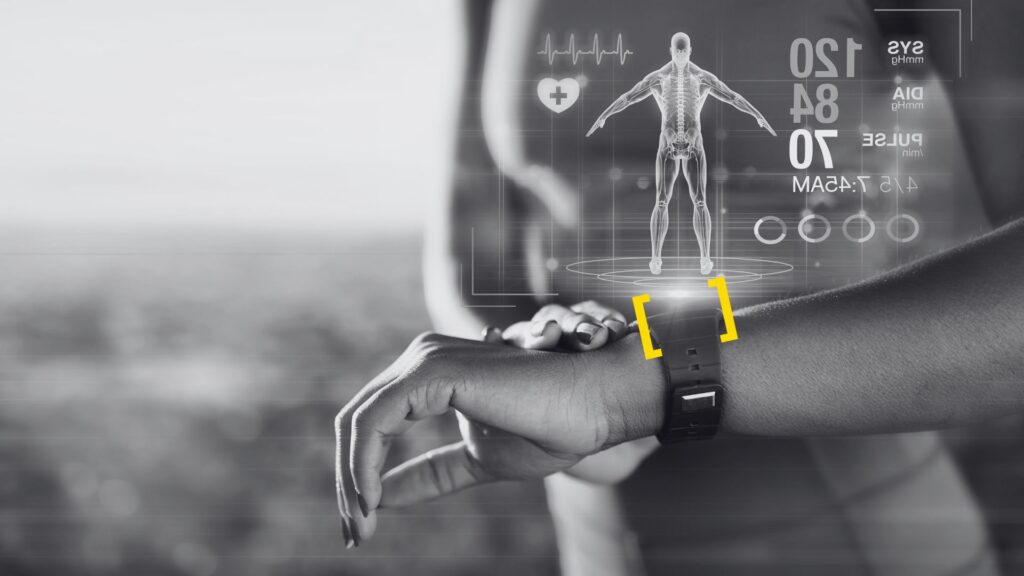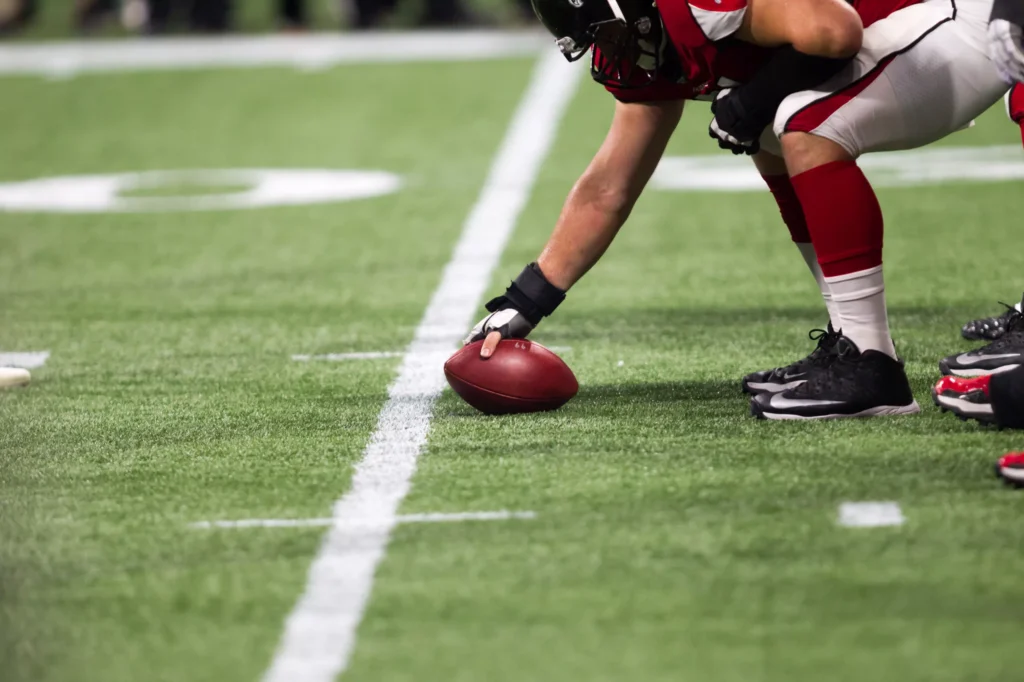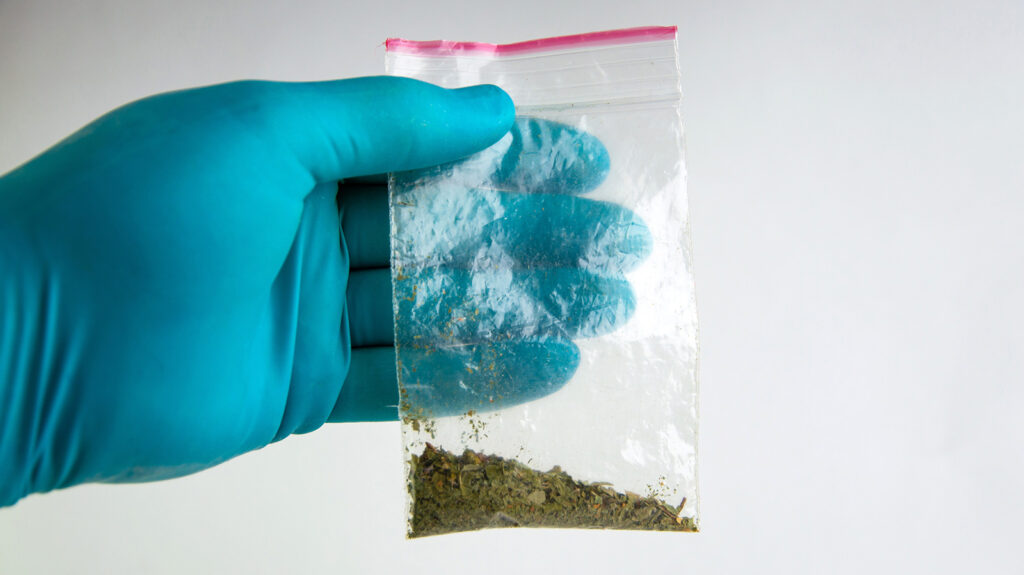Watch
All our research is curated and peer-reviewed giving you access to an unmatched library of information all in one place.
Articles

The Pros and Cons of Wearable Technology for Collegiate Athletes
In recent years, wearable technology has revolutionized the sports industry, providing athletes, coaches, and sports scientists with unprecedented data on performance, health, and recovery. Devices such as GPS trackers, heart rate monitors, and sleep analyzers offer a wealth of information that can enhance training programs and prevent injuries. However, the widespread adoption of these technologies…

Monthly Research Round Up
Welcome to the Monthly Research Round Up! The goal of this round up is to provide you, the reader, with a curated place to come learn about the most cutting edge research focused on sport. In curating this monthly research round-up, a careful selection process is employed to ensure a comprehensive and diverse coverage of…

17 NFL Greats Who Were Terrible at the Scouting Combine
The NFL Scouting Combine is a useful tool for comparing a college star’s athletic traits against the rest of his draft class. It’s not the ultimate judgment of a player’s worth or an airtight indicator of his future success.

Four Things You Should Know About Synthetic Cannabinoids
The article discusses the differences between naturally occurring cannabinoids such as THC or CBD, and synthetic cannabinoids (cannabimimetics) which are created in a laboratory. Included is a description of cannabimimetics, usage, and legality. Cannabimimetics are dangerous and illegal for anyone, but they can also be ground for disqualification if found on a drug test for…
All our research is curated and peer-reviewed giving you access to an unmatched library of information all in one place.
Latest Research
Longitudinal Associations Between Enjoyment of Physical Education, Cardiorespiratory Fitness, and Muscular Fitness Among Finnish Adolescents
Adolescents’ experiences in physical education (PE) have profound implications for their future physical activity behaviors and health outcomes. A longitudinal study conducted among Finnish students investigated the relationship between PE enjoyment and fitness components—cardiorespiratory fitness (CRF) and muscular fitness (MF). Here are the key takeaways from this study: Background: Regular physical activity (PA) is crucial…
An evaluation of the behavioural inhibition system and behavioural activation system (BIS-BAS) model of pain in athletes
This article explores how athletes respond to pain through the lens of the Behavioral Inhibition System (BIS) – Behavioral Activation System (BAS) framework. Here are the key points and takeaways: Framework Overview: This study applies the BIS-BAS model to understand how athletes cope with pain. The BIS is activated when pain is perceived as a…
A Biopsychosocial Framework for Sport Science: “A Jack of All Trades Is Oftentimes Better Than a Master of One.”
In his seminal work nearly half a century ago, psychiatrist George L. Engel advocated for a paradigm shift in medical thinking, proposing the biopsychosocial (BPS) model to integrate biomedical, psychological, and social factors in understanding health. While widely embraced in general medicine and psychology, the application of this holistic framework remains surprisingly underutilized in sport…
Regular Running Is Related to the Knee Joint Cartilage Structure in Healthy Adults
Recent research has delved into the relationship between regular running, biomechanics, and the structural integrity of knee cartilage in healthy adults. This cross-sectional study, involving 1164 participants aged 18-65, utilized advanced MRI technology and motion capture to assess knee cartilage quality. The findings shed light on how running distance, age, gender, and biomechanical factors interplay…
The Interruption of Rehabilitation Following Anterior Cruciate Ligament Reconstruction due to COVID-19 Restrictions: Association With Return-to-Sport Testing
Amidst the COVID-19 pandemic, rehabilitation access was disrupted. This study compares late-stage ACLR rehabilitation outcomes before and during pandemic-related restrictions. It analyzes return-to-sport test data from two periods: pre-pandemic (Dec 2018 – Mar 2020) and during the pandemic (Jun – Oct 2020). Outcome measures include various physical tests. The findings highlight declines in post-ACLR performance…
Evaluating the effect of sports compression tights on balance, sprinting, jumping and change of direction tasks
This study delves into the efficacy of compression garments (CGs) during athletic endeavors, particularly exploring their influence on balance, sprinting, jumping, and change of direction performance. Employing a sample of 24 recreationally active participants, the research compares the effects of wearing compression tights (COMP) versus regular exercise tights (CON) across various tasks. Results highlight noteworthy…
All our research is curated and peer-reviewed giving you access to an unmatched library of information all in one place.



